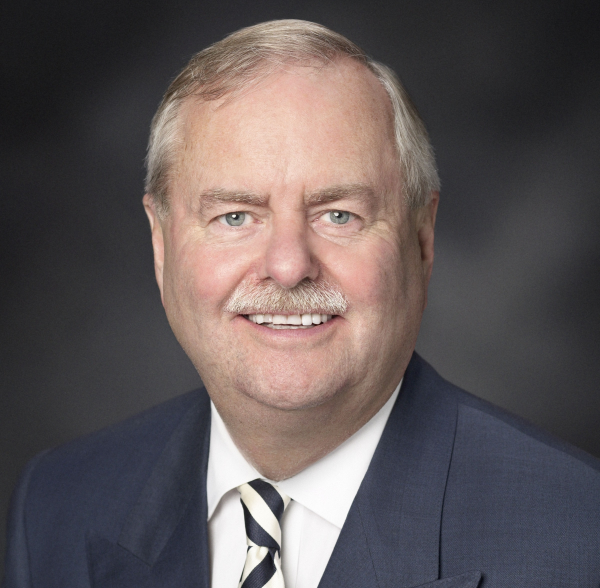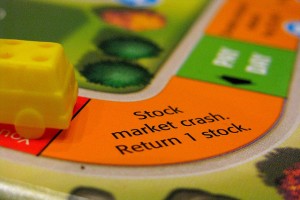Featured in the July 2014 Newsletter of HAHN Investment Stewards. Republished with permission.
By: Scott E. Plaskett, CFP
Senior Financial Planner & CEO, IRONSHIELD Financial Planning, www.ironshield.ca
Is your financial planning putting you on track to be the richest person in the nursing home?
I bet it IS.
How do I know? For the majority of Canadians, financial planning is based upon the principle of saving as much as possible on an annual basis and trying to earn the best rate of return in the process.
If this sounds like the underpinnings of your financial plan, you’ll want to read on.
First, let me provide you with a little background about how traditional financial planning is causing you to deny yourself today for the hope of wealth tomorrow.
Let’s look at the questions that are typically asked, during the creation of a traditional financial plan. The questions may look like this:
- When do you want to retire?
- How much money do you want to live on during retirement?
- What level of risk are you comfortable accepting to earn the return on your portfolio?
And these questions, although they sound like intelligent questions to ask, are the wrong questions.
Let’s look at the first question. It revolves around the word “retire” or “retirement”, which is a really bad word.
Don’t believe me? Just take a look at this list of synonyms for the word retire (Synonym: a word or phrase that means exactly or nearly the same thing):
- withdraw
- retreat
- expire
- terminate
- disengage
- death
If you ask me, I don’t want to experience any of these things, yet most financial planning is based upon the concept of choosing a date in the future for your “retirement”. And the focus becomes, what can/should you deny yourself today, so that you can save as much as possible for tomorrow?
Now for the second question. If you asked me how much money I’d want to live on during retirement, my answer would be, “As much as possible…” In other words, most people really have no idea of what their cash flow requirements are going to be when they cease to generate employment income, so putting an actual dollar amount on that today, is next to impossible.
As for the question about your comfort level with investment risk. This is such a loaded question I don’t even know where to begin. The concept of risk makes me think of gambling and believe me, I don’t want to gamble with my money. Why would I want to accept ANY “risk”? The reality is, we should be focusing on our ability to create the highest probability of success. Projections alone – as in a traditional financial plan – won’t do that. Finding the minimum rate of return that will allow your financial plan to succeed is where the focus should be.
So, being asked and answering these questions really doesn’t accomplish much – other than fill an hour of time with a conversation that feels important but really doesn’t get any closer to what’s truly important.
So, how should the financial planning conversation go?
I have found, that the better financial planning questions are the ones you should be asking, but just don’t know it.
- What after-tax income am I on track for?
- What is my financial independence day, or let’s call it “freedom age”?
- What is my required rate of return?
Once answered, these questions will provide you with a tremendous amount of insight into what you need to do to be successful with your financial planning. This type of clarity is what will allow you to make better decisions, knowing that your subsequent decisions will either enhance or detract from your ability to accomplish your goals.
Following this financial planning approach yields your Financial Minimum Effective Dose (MED), thus allowing you to spend on your lifestyle today, without guilt.
The concept of minimum effective dose comes from the world of science. For example, in science class I learned that water boils at 100⁰C at standard air pressure. Water is not “more boiled” if you add more heat. Adding more heat is simply wasteful.
So, your Financial Minimum Effective Dose is the minimum amount of savings required for you to accomplish your financial goals. Saving more money can be considered just as “wasteful” and may not support your lifestyle goals for today – just as important as tomorrow.
You see, in today’s world, retirement is an outdated concept. People don’t want to “retire”, they want to be engaged in life, for life. The problem is, that without a financial plan that assists you in figuring out what your Financial MED is, life is full of denying yourself today – out of fear – in the hopes of having more in the future. The problem is, what happens if you don’t make it to tomorrow? Will you have enjoyed your experience along the way?
Determining what your Financial MED is, will not only provide you with the confidence that you are on track to be financially free on your terms, it will also provide you with the permission to enjoy what’s important to your lifestyle today, without feeling like you are spending tomorrow’s money too soon.
You may still be the richest person in the nursing home, but it won’t be measured by your bank balance alone, but by the richness of the life you’ve lived.











